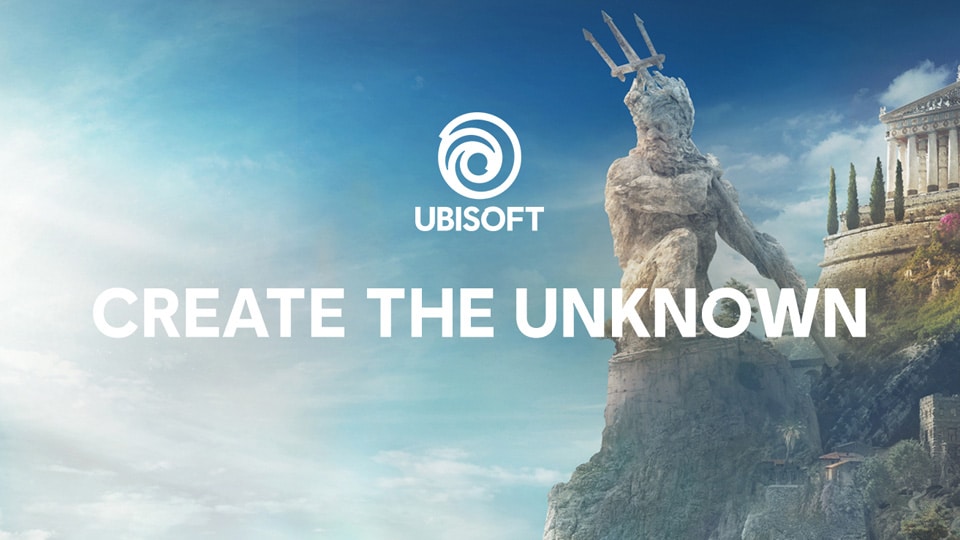Assassin's Creed Odyssey boasts around 30 hours of cinematic content, comprising more than a thousand potentially branching scenes and 25,000 spoken lines. The challenge for François Paradis – technical lead at Ubisoft Quebec – and his team of programmers, animators, and other specialists was to develop a way to make the game's many dialogue scenes easier for developers to animate without motion-capturing every line, while allowing them to make quick alterations as the story or missions changed during development. The solution was a system that let developers create scenes from an extensive library of expressions, gestures, and camera angles, while still inserting handcrafted elements when needed.
As part of our Create the Unknown series, which focuses on the people creating Ubisoft's future, we spoke with Paradis about how technology is reshaping game development, and how he sees the work evolving in the years to come.

Where do you see the future of the gaming industry 10 years from now?
François Paradis: I think games will offer so much content that everyone can find content that suits them, or that they find engaging. That would be very interesting. Advancements in technology will mean that we can create more content more easily, and that will allow us to make more diverse content as well.
How is your job going to change in the next 10 years?
FP: Weirdly enough for me, I started out as kind of a specialist; I was a tools programmer, but the more years passed, the more I needed to take a global approach to my work. I handle workflows, I develop tools, but I also do the runtime systems in the game. I do a bit of everything, and I think that's really important for a team to be able to handle the complete vertical slice of their aspect of what they're working on.
We've started working more as multidisciplinary teams, so I couldn't have built that system with only a team of programmers. We had animators embedded in our team, we had camera artists embedded in our team. And that means we get results so much faster than by having different teams, where we'd need to plan between teams.
What do you see as the next big technological disruptions that are going to affect your job and the way you do it?
FP: It's definitely Google Stadia. I mean, we saw it with Assassin's Creed Odyssey; it's awesome that you can just share a link with someone and start the game. For me, I even see it as a game-changer for development, because I could send that link. If I can send a link to someone with one of my builds, they can test it immediately and see the results, and that will help with iteration and review, and a lot of stuff. For example, we do automated renders for our dialogue for reviews, but what if I could just send a link to someone, and it opens the game, and they immediately see the dialogue and can review it? That's a game-changer for development too.

What are the most exciting challenges that you've taken on at Ubisoft?
FP: For me, it was the scale of Assassin's Creed Odyssey. Thirty hours of cinematic content; how do we do this? We need to approach it differently. It forced us to bring together a lot of different disciplines-- work with animators, work with camera specialists, work with audio – and figure out this pipeline so that we could deliver on this.
What's one of your proudest achievements at Ubisoft so far?
FP: I think it was involving everyone and making sure that every department was comfortable with the [Assassin's Creed Odyssey development] tool and the result it produced. I was very proud of that, because I'm a programmer, so it's not necessarily natural for my team to bring in all those things, and have them embrace it. We worked a lot on that, and it paid off.

For more information on Ubisoft Careers, click HERE.



